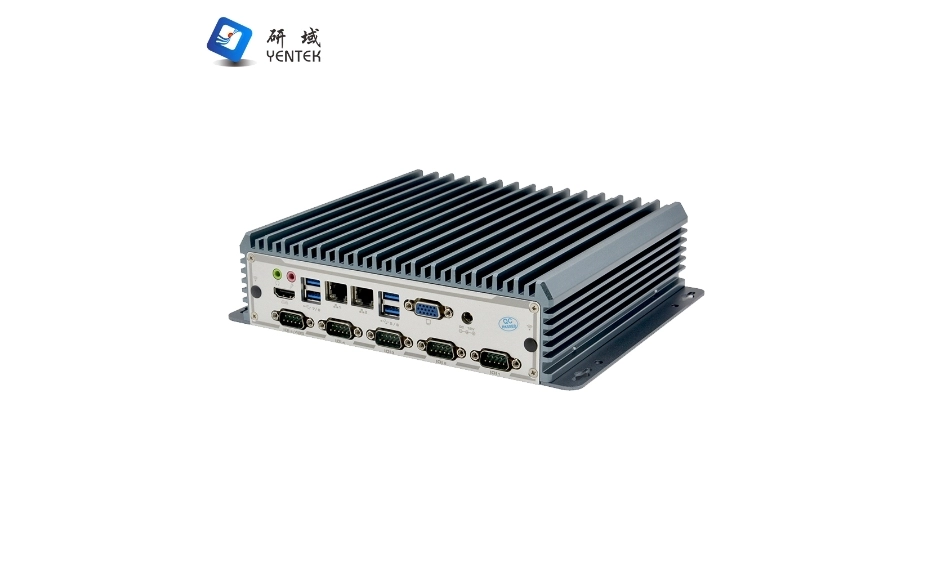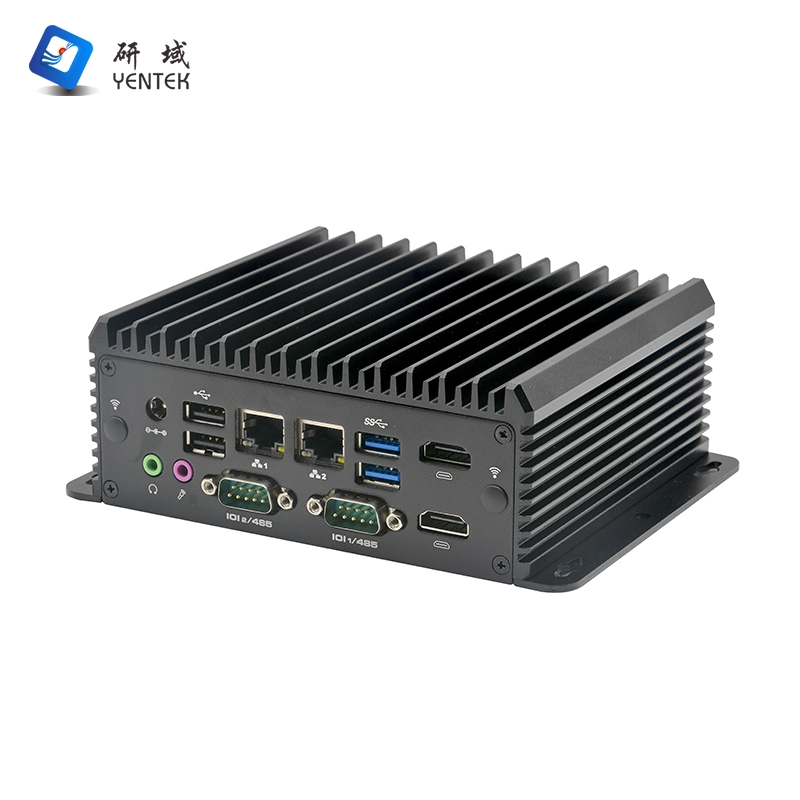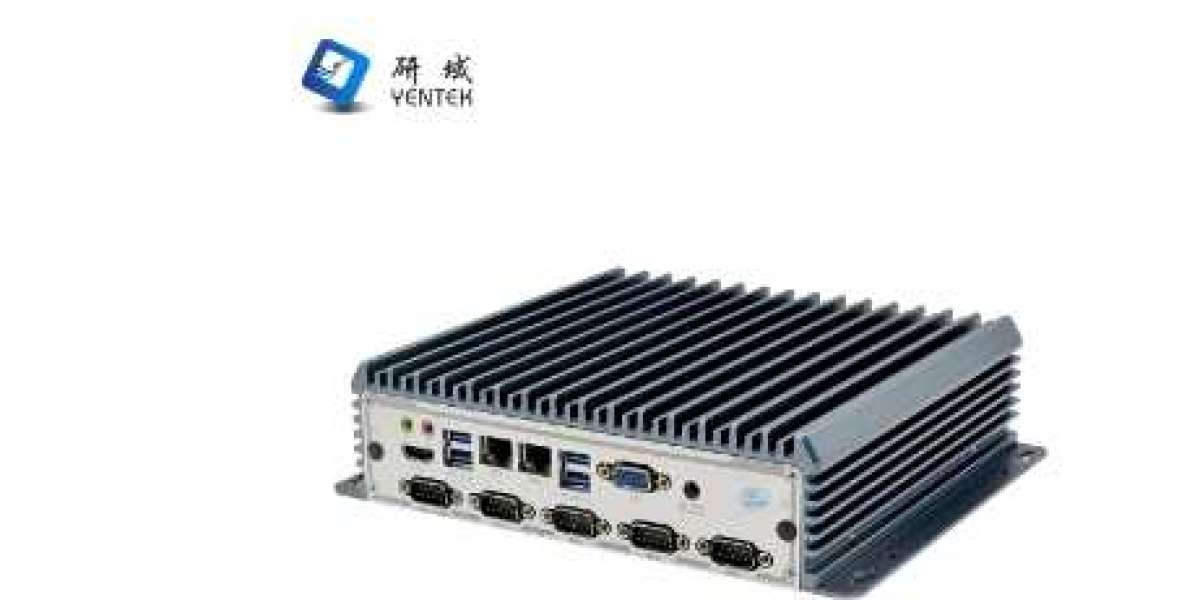Embedded industrial computers have become integral to modern manufacturing and industrial processes. These specialized computing devices are designed to operate reliably in harsh environments, providing the necessary processing power and functionality for a wide range of applications. From automation systems to Internet of Things (IoT) solutions, embedded industrial computers play a crucial role in enhancing efficiency, productivity, and safety across various sectors.In this article, we will delve into the role of embedded industrial computers and explore their significance in the industrial sector.
What Are Embedded Industrial Computers?
Definition and Characteristics
Embedded industrial computers are compact computing devices specifically designed for use in industrial environments. Unlike standard desktop computers, these machines are built to withstand extreme conditions such as high temperatures, humidity, vibration, and dust. They typically feature rugged designs, low power consumption, and long operational lifespans.
Key characteristics include
Durability: Built to endure harsh conditions.
Compact Size: Designed for space-constrained environments.
Reliability: Capable of continuous operation with minimal downtime.
Customizability: Tailored to meet specific application requirements.
Differences from Consumer Computers
While consumer computers focus on high performance and versatility for general use, embedded industrial computers prioritize stability and long-term operation. They often run specialized operating systems optimized for specific tasks, eliminating unnecessary features that could compromise reliability.

Key Features of Embedded Industrial Computers
Robust Hardware Components
Embedded industrial computers utilize high-quality components that can withstand environmental stressors. These include:
Soldered Components: Many components are soldered directly onto the motherboard to enhance durability.
Industrial-grade Processors: Designed for high performance under demanding conditions.
Fanless Designs: Many models feature fanless cooling systems to reduce maintenance needs and improve reliability.
Connectivity Options
These computers often come equipped with a variety of connectivity options to facilitate communication with other devices:
Ethernet Ports: For network connectivity.
Serial Ports: To connect legacy devices.
USB Interfaces: For peripheral device connections.
Real-time Processing Capabilities
Real-time processing is critical in many industrial applications. Embedded industrial computers can process data from sensors and control systems instantly, allowing for immediate responses to changing conditions.
Applications of Embedded Industrial Computers
Industrial Automation
Embedded industrial computers are widely used in automation systems to control machinery and processes on production lines. They serve as the central control unit that processes sensor data and executes commands in real-time.
Applications
Robotics Control: Managing robotic arms for assembly lines.
Process Control Systems: Monitoring and controlling manufacturing processes.
IoT Implementations
As the Internet of Things (IoT) continues to expand, embedded industrial computers play a vital role in connecting devices and collecting data. They facilitate efficient data acquisition and analysis, enabling smarter decision-making.
Applications
Smart Cities: Monitoring traffic flow and environmental conditions using connected sensors.
Smart Manufacturing: Collecting data from machines for predictive maintenance.
Energy Management Systems
In energy sectors, embedded industrial computers help monitor energy consumption and optimize resource allocation. They can analyze real-time data from various sources to improve efficiency.
Applications
Renewable Energy Systems: Managing solar panel outputs and battery storage.
Grid Management: Monitoring energy distribution networks.

Advantages of Embedded Industrial Computers
Increased Efficiency
By automating processes and providing real-time data analysis, embedded industrial computers significantly enhance operational efficiency. They reduce manual intervention, leading to faster production cycles and improved output quality.
Cost Reduction
The durability and reliability of embedded industrial computers translate into lower maintenance costs over time. Their ability to operate continuously without failure reduces downtime and associated costs.
Enhanced Safety
Embedded systems can monitor equipment health and environmental conditions, enabling proactive maintenance that prevents accidents or failures in hazardous environments.

Conclusion
Embedded industrial computers play a crucial role in various industries, providing reliable and efficient solutions for automation, control, and monitoring processes. These advanced computing systems have revolutionized the way businesses operate, enabling increased productivity, improved safety, and cost savings. As technology continues to advance, we can expect embedded industrial computers to become even more powerful and versatile, further driving innovation and growth in the industrial sector.
The Advantages of Embedded Industrial PCs in the Manufacturing Sector








